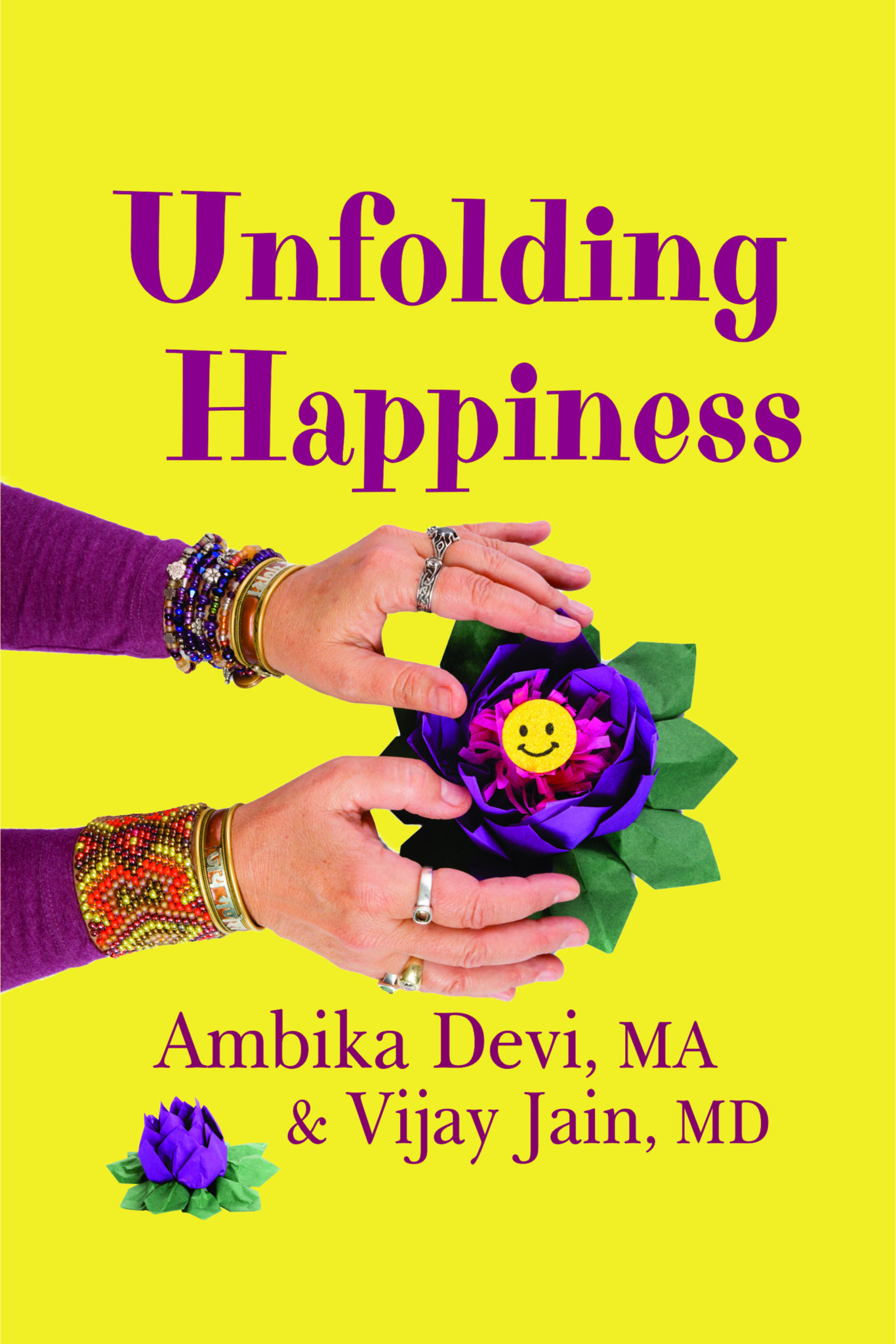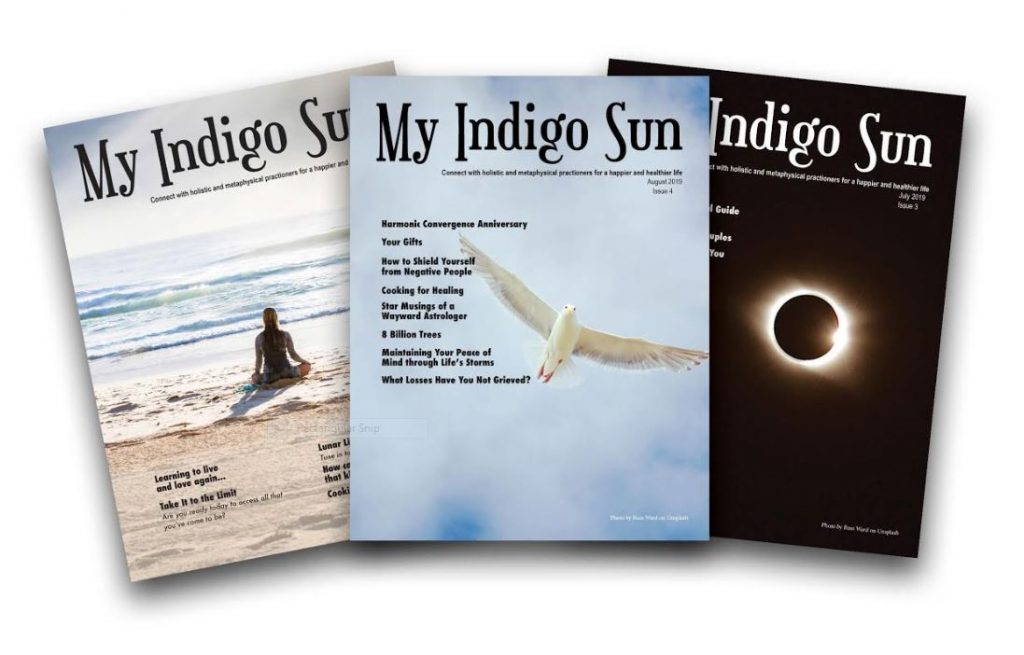Chapter one: Seed
The potential of happiness is found in meditation
We all want to be happy. In fact, happiness is our true nature. Happiness is a constant, like Primordial Energy. It is always there, like the sun, which is always shining. Sometimes clouds block the view, but when the wind blows or the heat of the sun’s rays dissolves the obstruction, we see and feel its light shining once again. The flow of life in an effortless, graceful manner is our birthright. Life is supposed to be without struggle.
To be in a state of happiness is unique and individual. It can be quickly triggered and affected by things, places, and events. Even though happiness is our true nature, some people are happy while others are not. Happiness becomes obscure when we forget that it is a state of being rather than something we create by means of outside sources. It is like the tight bud of a flower that needs to be urged to unfold with tenderness and love.
Many factors can interrupt the process of our opening. Society and the external world fool us into believing an ideal of what “perfect” is supposed to look like and what happiness should be. As we observe the world around us, we notice that some people seem to be happy regardless of their situation, while others are challenged to be happy no matter how perfect their lives appear on the surface.
The media and ideas easily trick us into believing that we can find true and lasting happiness through material trappings. The pressures we experience confuse us and disguise the pathway to happiness. Our attachment to an ideal body image can lead us to a path of manipulation, often placing the body at risk and creating a perception of unhappiness.
When we engage in further self-study and dial our inner vision into focus, we are able to clearly see that the objects and situations we initially desired ultimately become the source of misery. It is due to these vestiges of living that the attainment of happiness can easily elude us. Rather than thinking about what happiness is supposed to be, what we really need is to be taught to identify what happiness feels like.
To increase our potential level of happiness, it is important to partake in daily practices that help to remind us that we are always connected to a greater energy. This in turn helps us to be in a continual state of trust. Here we find it easier to accept the present and place less importance on a perception of what is right or wrong.
All it takes in any given moment is a small, simple, little suggestion. Say you are out walking on a path, there are people passing you on bicycles, your phone rings, and for a split second you sense your morning walk is creating stress rather than peace and solitude.
What if you stop and ask your mind, “Can we be still and quiet for just a moment?”
Here is something you can try:
Stop whatever you are doing. Turn your phone off for a few minutes and free your arms. Perhaps jump up and down and let the body shake out in no particular way. Maybe your voice wants to make noise.
Now stand where you are and become perfectly still. Close your eyes. Connect to the vastness of infinite space. Instantaneously you are able to tune into the sounds of birds and insects. Feel the sensation of the air upon your skin. Notice the moisture within the mouth and the taste of the saliva. Let the smell of earth and flowers dance in your nostrils.
What does the environment sound like now? What does the expression on your face feel like? Just be absolutely still and see where this takes you. Perhaps the body begins to move and dance or shake. Maybe you will yell or cry or smile. There is no right or wrong. This is an Ambika Devi, MA & Vijay Jain, MD 5 opportunity to let go of the mind and just observe, as if you are viewing someone else. Once you find yourself still again, tune into your breath and perhaps even your heart beating. In the silent spaces at the top of your breath when the lungs fill to capacity, do you notice any sensation? At the bottom of your breath when the belly draws in, what are you feeling? Slowly open the eyes and begin to take in the environment surrounding you. At first there is just a little light seeping into your awareness. Then, as the eyelids gently open, you are greeted with a flood of shapes and colors. Notice how the light of the sun brightens the hues of the plants and trees, and how in this moment there is beauty in you and everything around you. What are the sensations? This is a very humble yoga exercise that tunes us into the wisdom of Ayurveda. This simple practice is a taste of meditation. By bringing our awareness to a focal point, it shows us our ability to be in the present moment. This in turn points out that everything we need to feel good and to be happy is already inside of us. The qualities of these impressions determine the quality of our thoughts and feelings. We experience the world through the five sensory organs attached to our corresponding senses all at the physical level of our being. These same senses and sensory organs are also associated with five elements and five motor organs.
Here is something you can try:
Try experiencing the cosmic components of the universe. Begin with a morning walk before sunrise. Look into the sky and take in the elements of space, with stars twinkling. Notice how the sounds of nature are abundant at this time of the day and how the chorus of birds begins to sing. If you are near water, listen to the changes in the sound of it, whether you are at the shore and hearing waves crashing, or by a creek listening to the trickling sound dancing across stones or pebbles. What does the morning air feel and taste like? When the sun begins to appear, it fills the vast emptiness of space with the fire element rising in the sky. Feeling the warmth of sun on the body, coupled with sound of water and earth underfoot, completes the full sensory experience.
MEDICAL DISCLAIMER
This book does not provide medical advice; its content and suggestions do not substitute for consultation with a physician. Medical and nutritional sciences change rapidly, and information contained in this book may not be current when read. Neither the publisher nor the authors are liable for any loss, injury, or damage arising from information in this book, including loss or injury from typographical errors.
Ambika Devi
Ambika Devi is an international award winning best-selling author, expert astrologer, meditation Jedi, speaker and storyteller on a peace mission to help you step out of the churning river of thoughts and activity of the mind, stop wearing insane schedules like badges of honor, and begin your days reinforced with the calmness a meditation practice brings. Visit her at:
AmbikasCoaching.com




